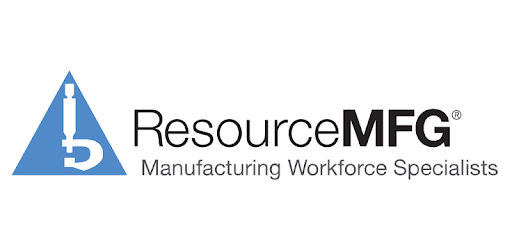Though there are more than half a dozen factors that can affect your Social Security take-home pay, four stand out above all others. Two of the four — your work history and earnings history — are tied at the hip. The Social Security Administration (SSA) takes your 35 highest-earning, inflation-adjusted years into account when calculating your monthly benefit at full retirement age. The more you earn up to the maximum taxable earnings cap in a given year, the more you’ll be paid during retirement. Just remember that for every year less of 35 worked, the SSA will average a $0 into your calculation.
The third significant payout determinant is your birth year. The year you’re born dictates the bend points for your primary insurance amount. It also determines your full retirement age — i.e., the age where you become eligible to receive 100% of your monthly benefit. The full retirement age for baby boomers ranges between 66 and 67, with anyone born in 1960 or later having a full retirement age of 67.
Fourth and finally, claiming age plays a huge role in determining what you’ll receive from Social Security. Payouts can begin at age 62 or any age thereafter, but the SSA incentivizes patience. For every year an individual holds off on taking their benefit, their monthly payout grows by up to 8% through age 69. All things being equal, such as earnings history and birth year, an individual taking their payout at age 70 could receive up to 76% more per month than a retiree claiming at age 62.











